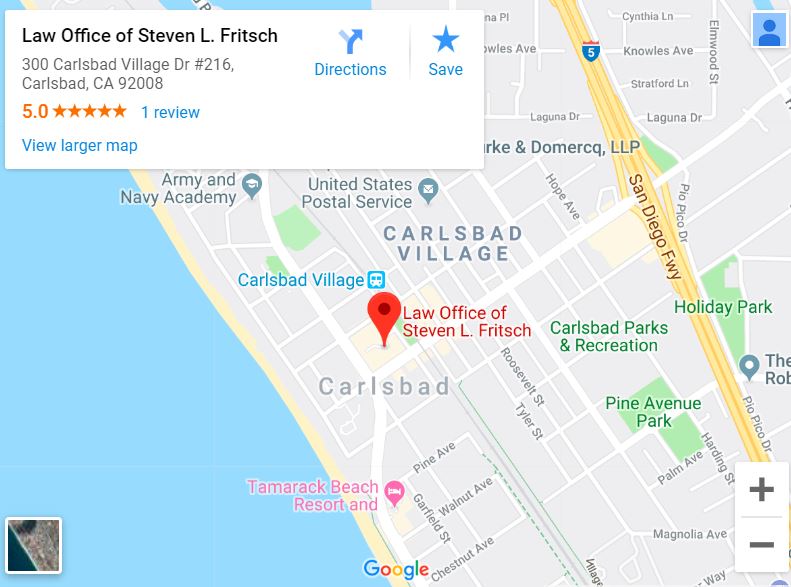During marriage it is common for the title or character of property to change. This process is called a transmutation. A transmutation is a transaction or agreement that changes the character of property. Even a gift is a transmutation. Spouses may transmute by agreement or transfer the following property with or without consideration: (1) community property to the separate property of either spouse, (2) the separate property of either spouse to community property, or (3) the separate property of one spouse to the separate property of the other spouse.
Transmutation is a very important aspect of a divorce because if a valid transmutation ocurred during marriage it can affect who has an interest in property. In other words, who owns the property. For example, if a house was purchased during marriage it is presumed to be community property but what happens if during a refinance one spouse signs a quitclaim deed and transfers title to one spouse? Does the spouse that transferred the property to the other spouse no longer have an interest in the property? The answer to these questions depends on whether there was a transmutation.
Whether there was a transmutation is a 3-step analysis. The first step is “was the transmutation valid as to form?” Beginning January 1, 1985 any transmutation must be in writing by an express declaration that is accepted, consented or joined in with other spouse (Family Code s. 852(a)). This writing does not have to say “transmutation” but must state that the the characterization or ownership is being changed. A deed for example, satisfies a writing. The following do not satisfy writings: (a) signing a consent form on a IRA, (b) instruction to a broker to transfer into the name of a spouse, (c) documents conveying a spouse’s separate property to a family revocable trust, (d) statement in will of the character of property before death of person who made the will.
The second step is “Was the transmutation obtained free of fraud”? In answering this question it must be asked: (a) was there a confidential fiduciary relationship, (b) did the parties opt out of the confidential relationship, (c) did the party that benefitted participate in the transaction, and (d) was there an unfair advantage that triggers presumption of undue influence. In transactions between spouses, spouses are subject to rules regarding fiduciary relationships and neither shall take unfair advantage over each other. Also, when an interspousal transfer unfairly advantages one spouse, there is a presumption of undue influence. If the transaction advantages both then there is no undue influence. The burden of rebutting undue influence is on the advantaged spouse to prove by the preponderance of evidence that the (1) transaction was freely and voluntarily made, (2) the transaction was made with full knowledge of all the facts, and (3) the transaction was made with complete understanding of its legal effects. The undue influence presumption prevails over the Evidence Code 662 presumption which states that whoever is on title is presumed to be the owner.
The third and final step is did the transmutation waive the right of reimbursement under Family Code s. 2640? In order to waive the 2640 reimbursement claim the waiver must be in writing. For example, a deed transferring property from a spouse’s separate property to the other spouse’s separate property is likely a waiver, but a deed transfering property from separate property to community property is not a waiver.
Transmutations are a complicated and important aspect of the division of assets or property in a divorce. Whether a transmutation occurred can determine if a spouse has or does not have an interest in an asset or property. This could result in a significant financial gain or loss and therefore must be taken very seriously and not overlooked.
Disclaimer: The information in the above article is for educational and informational use only and is not intended as legal advice in any way. If legal advice is needed, you should contact an attorney to discuss any questions you may have.
